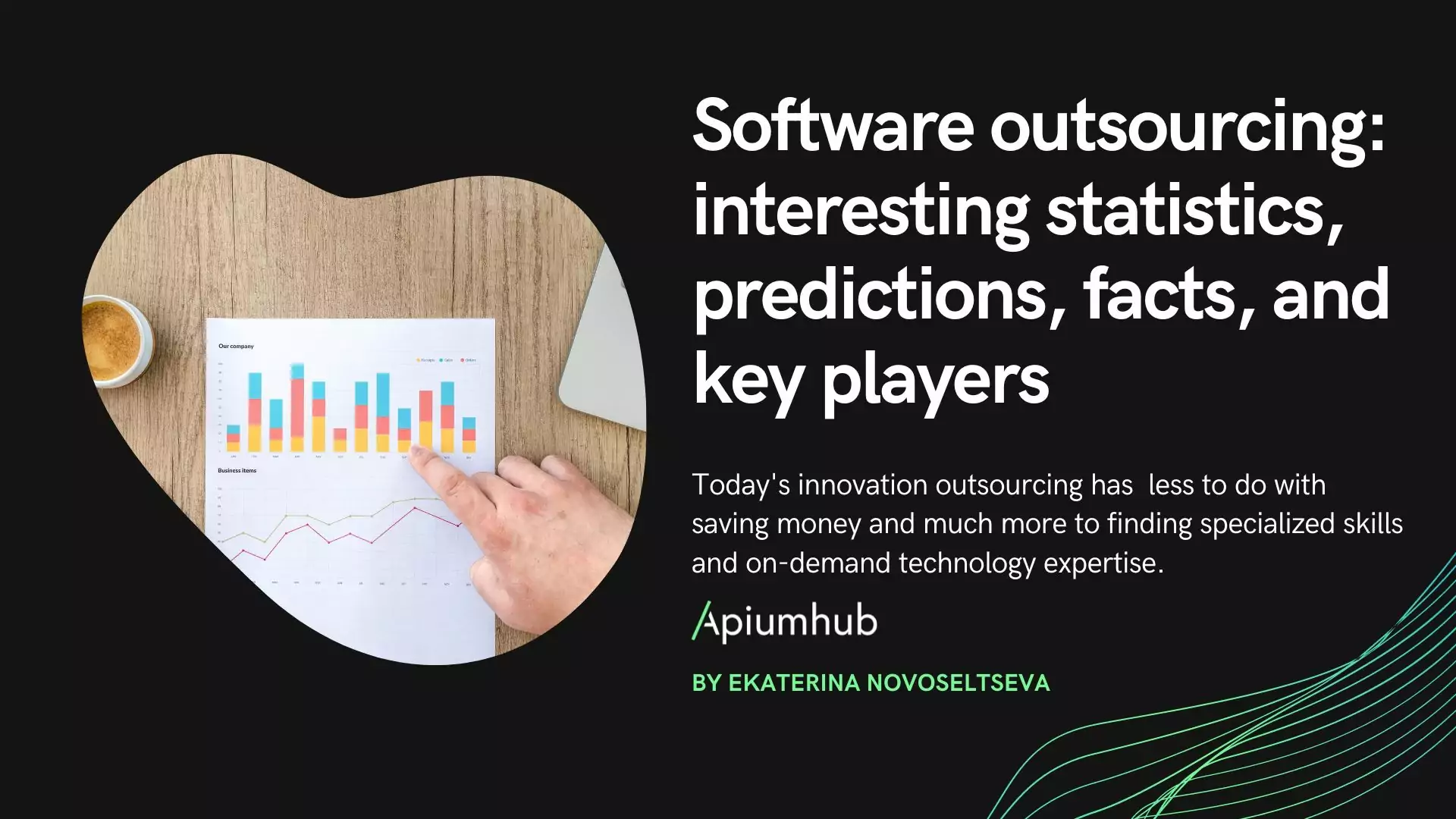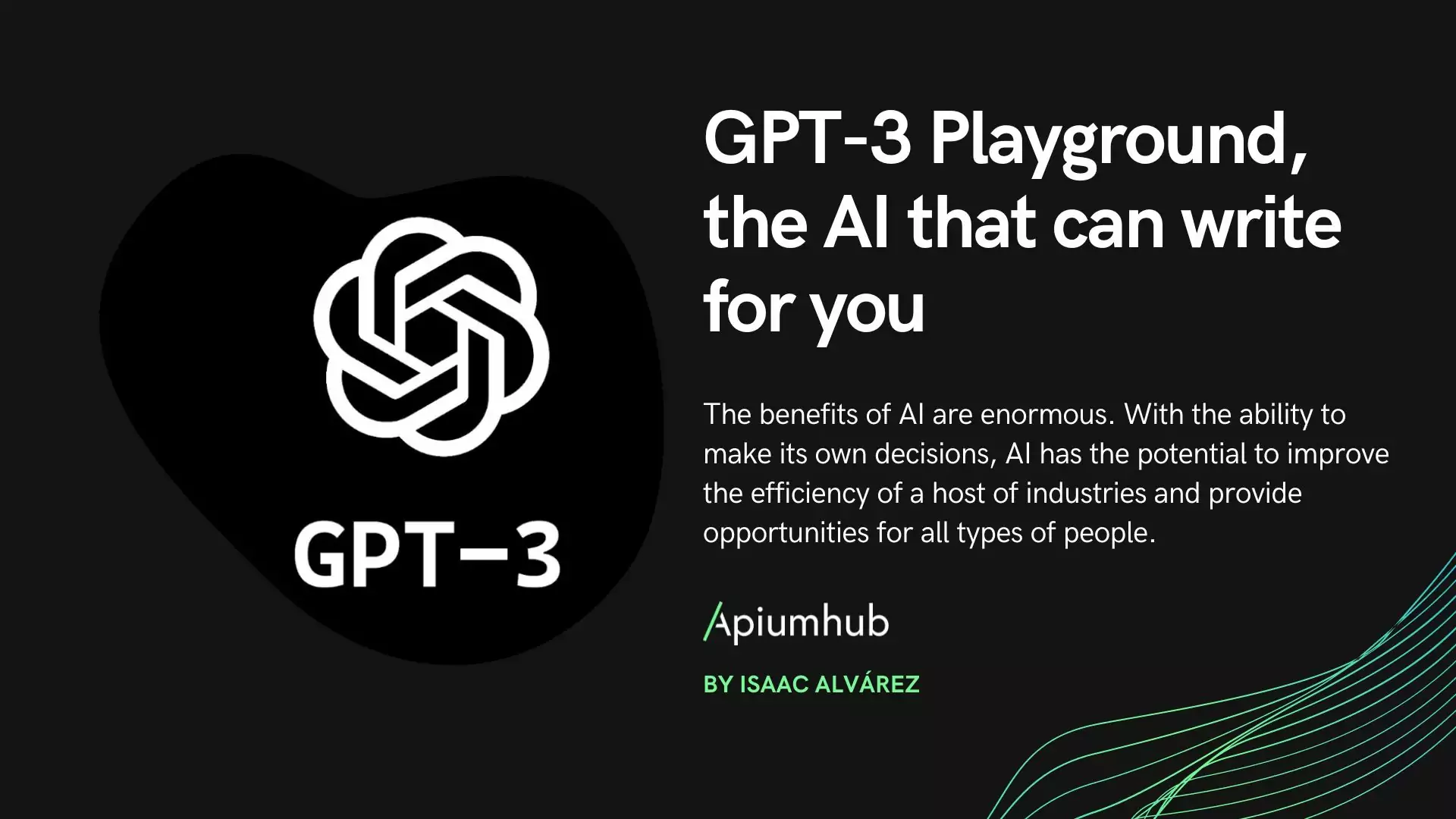Table of Contents
Blockchain is one of the hottest and most discussed topics around the world this year. Blockchain is a technology that will transform everything from the finance industry to global supply chains. Venture funding for blockchain continues to grow, however, there are still a lot of people who are not sure what it means and how companies can use it to improve an efficiency of their processes. Therefore, I decided to write an article about Blockchain technology, explaining its meaning, advantages, its growth and use cases. Also, I will give you a list of blockchain startups and blockchain events that you should keep an eye on this year.
What is a blockchain technology?
A blockchain is a distributed ledger or decentralized database that is used to maintain a continuously growing list of records, called blocks. Each block contains a timestamp and a link to a previous block. Basically, it is a database, a giant network, known as a distributed ledger, which records ownership and value, and allows anyone with access to view and take part. A network is updated and verified through consensus of all the parties involved. The validated block of transactions is then time stamped and added to a chain in a linear, chronological order. New blocks of validated transactions are linked to older blocks, making a chain of blocks that show every transaction made in the history of that blockchain.The entire chain is continually updated so that every ledger in the network is the same, giving each member the ability to prove who owns what at any given time. It is also important to know that all participants within a network can have their own identical copy of the ledger. Any changes to the ledger are reflected in all copies, similar to a Google doc. It is a very good option to keeps records of digital transactions.
Blockchain networks can be private with restricted membership similar to an intranet, or public, like the Internet, accessible to any person in the world.
Blockchain technology statistics & facts
Let’s look at stats that clearly show that blockchain technology is something you need to be aware of, it is another tech trend, which impacts different industries and companies around the world extremely fast. Now you will see what is the forecast for blockchain adoption in the nearest years and why companies actually plan to implement blockchain technology.
- Blockchain potential for reducing bank infrastructure costs – 30%
- Annual savings potential for banks using blockchain technology – $8-12 billion
- Amount the global blockchain market is expected to be worth in 2024 – $20 billion
- Average investment in blockchain projects in 2017 – $1 million
- Amount that IBM is investing in blockchain-powered IOT – $200 million
- Number of employees IBM is dedicating to blockchain powered IOT projects – 1,000 employees
- Percentage of major North American and European banks that are exploring blockchain – 90%
- 9 out of 10 agree that Blockchain is a banking disrupter
Source: Expandedramblings
Blockchain technology adoption & growth
Blockchain technology is emerging as a business focus for many companies in many industries. Consumer products, manufacturing, technology, banks, media, and telecommunications are the sectors most likely to already have blockchain projects in production, while healthcare and life sciences lead all sectors in plans to deploy blockchain projects this year, according to a survey by Deloitte.
A new IBM study found that one-third of C-level executives are using or considering adopting blockchain technology in their organizations. The study found that executives hope to enable new transaction applications that could help establish trust, accountability, and transparency among their organizations and partners.
Eighty percent of the 3,000 executives surveyed indicated that they were using or considering using the technology either to develop new business models or in response to a financial shift in the industry. Also, 71% of business leaders who are actively using blockchain believe it plays a key role in advancing the technology, suggesting widespread support for industry standards.
The blockchain is a disruptive technology that promises to change the world as we know it. The technology is not only shifting the way we use the Internet, but it is also revolutionizing the global economy. By enabling the digitization of assets, blockchain is driving a fundamental shift from the Internet of information, where we can instantly view, exchange and communicate information to the Internet of value, where we can instantly exchange assets. It disrupts hundreds of industries that rely on intermediaries, including banking, finance, real estate, insurance, legal, healthcare and many others.
Let’s look at what leading companies & banks think about blockchain technology
Deutsche Bank
The bank is currently exploring various use cases of blockchain in areas like payments and settlement of fiat currencies, asset registries, enforcement and clearing derivative contracts, regulatory reporting, KYC, AML registries, improving post-trade processing services, etc. It has been experimenting with these technologies at their innovation labs in London, Berlin, and Silicon Valley.
Nasdaq
The stock exchange firm plans to use blockchain as an enterprise-wide technology to enhance their capabilities on the Nasdaq Private Market Platform. Nasdaq Linq is a digital ledger technology that leverages a blockchain to facilitate the issuance, cataloging, and recording of transfers of shares of privately held companies on the Nasdaq Private Market. It will complement ExactEquity, Nasdaq Private Market’s cloud-based capitalization table management, and stock plan administration solution. Nasdaq Linq clients will be provided with a comprehensive historical record of issuance and transfer of their securities, thus offering increased audibility, issuance governance and transfer of ownership capabilities.
DBS Bank
The bank organized a blockchain Hackathon in Singapore in 2015. The winners were Omnichain, Nubank and BlockIntel.
US Federal Reserve
Federal Reserve is working with IBM on developing a new digital payment system tied to the blockchain.
SCB
Standard Chartered Bank considers blockchain as their way to cut costs and improve the transparency of financial transactions.
Santander
Claims to have 20-25 use cases for blockchain and have a team called “Crypto 2.0” to research the use of blockchain in banking to improve the current day to day processes. The bank also estimated that the usage of blockchain can reduce the infrastructure cost a lot.
BNP Paribas
Experimenting with making transactions faster by using blockchain.
Wall Street
According to Business Insider, Wall Street wants to use blockchains to simplify the way it processes transactions.
ASX
Australia’s biggest stock exchange, the ASX, has confirmed that it is developing a private blockchain with U.S.-based firm Digital Asset as a post-trade solution for the Australian equity market. The ASX has paid AUD $14.9 million for a 5% equity interest in Digital Asset Holdings, a fee that will also fund an initial phase of development of the privately distributed ledger solution.
Source: Let’s talk payments
Blockchain technology use cases; applications beyond the financial services industry
The blockchain is not limited to financial institutions. Along with banks and Fintech startups, non-financial players are looking for opportunities that Blockchain technology offers. Let’s look at some interesting examples of blockchain technology application:
1. Smart contracts
Blockchain may be a good instrument to store digital contracts that are transparent and even self-executable transactions. To give you an example, let’s look at logistics. it can be a blockchain contract that could support multiple use-cases. It could be connected to GPS data that automatically releases payment to both the shipper and supplier when a package arrives.
Or another very common case, which we could take as an example. Service supplier contract, let’s say the total number of services that should be provided equals 100.000 euros. All conditions, payout, and parties’ details are programmed into a smart contract. Once the defined conditions are met, the invoice would be sent to the client as per terms and client would pay for the services received automatically. By giving computers control over contracts, we can make business more efficient and make the legal system more equitable. It may literally help us avoid this invoicing hell when you actually need to follow the client and remind him to pay several times. It is an excellent option to enforce the obligations of all parties in a contract, without the added expense of a middleman.
2. Digital identity
It can be applied as for things as for people. For example, if we are talking about things, device identification can be secured by a blockchain that holds the unique identity of each participating node in the network. It will help to have useful information and easily find the right device.
As for people, with blockchain users are able to choose how to identify themselves and who will be informed. Yes, they still need to register their identity on the blockchain somehow, but after that, they can re-use that identification for other services.
As you know, online identity has always been a time-consuming and costly process. There was always this need for registration and financial services like loans, mortgages, insurance requires always required a higher level of security, checking, authentication and authorization. This usually meant that checking official government identity documents was a required step.
One of the benefits of the blockchain is that it has the potential to cut out the middlemen and provide every company in the network access to the same source of the right information.
When identity management is moved to the blockchain, users are able to choose how they identify themselves and with whom their identity is shared. They still need to register their identity on the blockchain of course, but once they have, they don’t need a new registration for every service provider.
Blockchain technologies make tracking and managing digital identities both secure and efficient, resulting in seamless sign-on and reduced fraud.
3. Cross-border payments
The transfer of value has always been an expensive and slow process. This is particularly true for cross-border payments. The blockchain is able to speed up and simplify this process and also reduces the costs significantly. For example, if a person wants to transfer money from Canada to their family in Russia, who have an account with a local bank, it takes a number of banks and currencies before the money can be collected. The blockchain can speed up and simplify this process, cutting out many of the traditional middlemen. According to Deloitte study, blockchain reduces the costs to 2-3% of the total amount and provides guaranteed, real-time transactions across borders.
4. Share trading
Buying and selling stocks and shares has always involved many middlemen, such as brokers and the stock exchange itself. Creating a decentralized and secure ledger, a blockchain, that gives every party a say in the validation of a transaction, speeds up the settlement process, allows for greater trade accuracy, and can cut out some of the middlemen
5. Loyalty and rewards
Blockchain offers many benefits, for example, transparency and traceability of transactions. This helps companies to create a more captivating loyalty and rewards program that fit 24/7 performance management and enhances engagement.
6. Intellectual Property
Blockchains provide an automatic go-to registry for ownership and maintenance status for the things within the Internet of Things, for example. There can be all kinds of programs that run on the blockchain that could check who owns it.
7. Property records
Having property records on the blockchain makes it possible that prospective buyers can quickly, easily, and cheaply verify that the owner of a house really does own the place. At present, this process is done manually and there is a greater chance of errors, which could add to costs.
8. Securities
In Business Insider, Goldman Sachs said the following: “Despite the relatively low transaction costs for securities such as equities, up to 10% of trades are subject to various errors, leading to manual intervention and extending the time required to settle trades.”
By applying blockchain to the clearing and settlement of cash securities, specifically, equities and leveraged loans, the industry could save around $11 – $12 billion in fees, capital charges, etc.
9. Distributed cloud storage
Blockchain data storage will become a massive disruptor shortly. Current cloud storage services are centralized thus you the users must place trust in a single storage provider. They control all of your online assets. But Blockchain can improve security and decrease dependency. Additionally, users can rent out their excess storage capacity, Airbnb-style, creating new marketplaces. Having the data in multiple locations is the key to securing it.
10. Digital voting
Blockchains can serve as the medium for casting, crypto tracking and counting votes so that there is never a question of voter-fraud, lost records, etc. As we know, the greatest barrier to getting electoral processes online is security, so, by using the blockchain, a voter could check that her or his vote was successfully transmitted while remaining anonymous to the rest of the world.
11. Gift cards
With fewer middle-men needed to process the issuing of cards and sales transactions, the process of acquiring and using blockchain-reliant gift cards is more efficient and cost effective.
12. Defense
For most countries, defense infrastructure and computer systems are distributed across different locations. Blockchain technology distributed across multiple data centers can ensure security against attacks on important network and hardware equipment by ensuring consensus-based access for modification.
13. Government
Linking the data between the departments with blockchain ensures that data is released in real time, when both the departments and the citizen agree on sharing data. Blockchain technology could improve transparency and check corruption in governments worldwide.
14. Energy
New energy initiatives such as home power generation and community solar power are filling in gaps of power supply across the world. Smart meters can register produced and consumed electricity in a blockchain, which allows for consumption of the surplus energy in a different location, providing credits or currency to the original producer. The credits can then be redeemed against the grid when the microgenerator needs additional electricity from the grid.
Benefits of Blockchain technology
To sum up the advantages you get by implementing blockchain technology in different cases and projects, I decided to list them down here:
- Blockchain records and validate each and every transaction made, which makes it secure and reliable.
- Blockchain technology discards the need for any third-party or central authority for peer-to-peer transactions or exchanges.
- Users are in control of all their information and transactions.
- Blockchain data is complete, consistent, timely, accurate, and widely available.
- Blockchain transactions can reduce transaction times to minutes and are processed 24/7.
- The decentralized system, therefore it is less risky to be hacked.
And many others….and there will be others! There are many new ways of doing business that is opening up through blockchain. Let’s look at top promising blockchain startups that may change the world, may change the way we live and work! I chose these companies not only for their creativity in showcasing the power of blockchain technology across industries, but also for their potential and their ideas.
13 blockchain startups to watch in 2017
1. Slock.It
Slock.it is a project at the intersection of the IoT and blockchain. With Slock.it, Airbnb apartments become fully automated, smart objects can be rented on demand and unused vehicles get a new lease on life. This company develops the future infrastructure of the sharing economy. It brings the benefits of the Blockchain: transparency, security, speed to real-world objects.
2. Backfeed
Backfeed develops the foundational tools that work on top of blockchain technology in order to empower decentralized collaborations. It provides the protocols that make it possible for any group of individuals to easily deploy decentralized applications based on spontaneous, large-scale and free collaboration.
3. Ethereum
Ethereum is a platform and a programming language that makes it possible for any developer to build and publish next-generation decentralized applications. Ethereum can be used to codify, decentralize, secure and trade: voting, domain names, financial exchanges, crowdfunding, company governance, contracts, intellectual property, etc.
4. Ripple
Ripple is a distributed financial technology that allows banks to send real-time international payments across networks, benefiting from both the speed and security of blockchain technology. Banks around the world are partnering with Ripple to improve their cross-border payment offerings, and to join the growing, global network of financial institutions and market makers laying the foundation for the Internet of Value.
5. Chain
Chain is an infrastructure technology company that enables its partners to issue and transfer financial assets on allowed blockchain networks. It developed and maintains the Chain Open Standard, an open source blockchain protocol for high-scale financial applications.
Chain is building a suite of blockchain-based tools for banks, stock exchanges, credit-card companies and other major industry participants that will enable them to move, store, trade and manage financial assets quickly, securely and with less risk to the system.
6. BigchainDB
BigchainDB allows developers and enterprise to deploy blockchain proof-of-concepts, platforms, and applications with a scalable blockchain database. BigchainDB starts with a distributed database and then adds blockchain characteristics – decentralized control, immutability and the ability to create and transfer assets.
7. SmartLedger
SmartLedger.io is a blockchain business designed as a Smart Ledger Technology stack that builds out verified Smart Contract Libraries for: Asset Management, Capital Markets, Insurance, Reinsurance & Trading and other markets.
Proof of Purpose builds technology solutions using blockchain technology. This company develops end-to-end solutions for charities, NGOs, and donors to drive financial inclusion, economic empowerment, and enable transparency and efficiency across the aid sector.
Product offering includes digital wallet, currency and management platform for electronic cash transfer programs for humanitarian aid and a blockchain-based microcredit app.
Blockchain Foundry is an enterprise blockchain platform-as-a-service and app marketplace. It provides enterprises and fintech entrepreneurs with the necessary infrastructure and a set of integrated tools to quickly design, test and deploy distributed ledgers.
10. Cryptonomex
Cryptonomex provides software development services to meet the growing demand for custom, high-performance, blockchains and related technology.
11. AlphaPoint
AlphaPoint is a financial technology company that provides institutions blockchain-enabled solutions to issue, track, and trade digital assets. It is secure, scalable, and customizable platform enables customers to deploy blockchain technology to innovate, differentiate, and transform their businesses.
12. Bitfury
Bitfury is the leading full-service Blockchain technology company and one of the largest private infrastructure providers in the Blockchain ecosystem. Bitfury develops and delivers both the software and the hardware solutions necessary for businesses, governments, organizations, and individuals to securely move an asset across the Blockchain.
13. Factom
Factom stores the world’s data on a decentralized system, using blockchain technology for a solution in the Mortgage Industry, IoT device integrity, digital assets and database integrity.
If you are interested in blockchain technology and other latest innovations and trends, I recommend you to subscribe to our monthly newsletter.
If you find this article about Blockchain technology interesting, you might like…
- The concept of datafication: definition & examples
- Virtual reality technology: main trends, statistics & startups
- Barcelona; one of the best smart cities in Europe
- Elastic search: advantages, case studies & books
- Human-centered innovation: careers, benefits & examples
- Natural language processing projects & startups to watch
- Barcelona makes it to the top 5 of innovation hubs
- Top smart city projects & leaders to watch
- Disruptive technology & innovations to track
- Blockchain disruptions infographic
Author
-
Ekaterina Novoseltseva is an experienced CMO and Board Director. Professor in prestigious Business Schools in Barcelona. Teaching about digital business design. Right now Ekaterina is a CMO at Apiumhub - software development hub based in Barcelona and organiser of Global Software Architecture Summit. Ekaterina is proud of having done software projects for companies like Tous, Inditex, Mango, Etnia, Adidas and many others. Ekaterina was taking active part in the Apiumhub office opening in Paseo de Gracia and in helping companies like Bitpanda open their tech hubs in Barcelona.
View all posts










4 Comments
Humphrey
Very interesting
Alex
Hello, Guys can you please include we are working on blockchain technology projects in UAE and singapore.
Akeo
Thanks for sharing this article and giving us information about the Blockchain and Cryptocurrencies which can Transform the Digital Economy.
Mike Jones
Thanks for the list appreciate if you can please include https://www.codingpixel.com/blockchain-development-company-usa/